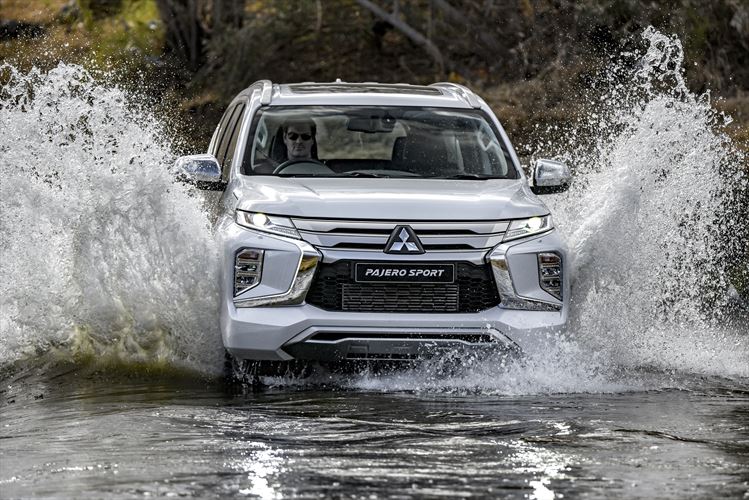
Here are some great tips gleaned from Mitsubishi Motors ambassador Francois Rossouw, (71) an off-road specialist with more than 500 000 km behind the wheel of a 4×4.

Update your first-aid kit:
Going off-road means you might be far from immediate medical help so a basic kit is essential.
“Giving the wrong treatment can be more dangerous than doing nothing, so my kit has no prescription drugs. I carry headache tablets, anti-inflammatory medication, something for diarrhoea, ointment for insect bites, paraffin gauze for burns, over-the-counter medication for scratches, plasters, bandages, and equipment to splint a broken arm or leg. I also carry disinfectant for wounds, cough and cold medicine, sunburn cream, antihistamine and eye drops. Thanks to Covid-19, I always have sanitiser in the vehicle, not packed away,”
Keep all your documents in a safe place:
South Africans must carry a driver’s licence when behind the wheel. “Also check the vehicle’s licence disk is valid. If you stay within the national borders, you do not need other documentation, but when you travel to neighbouring countries or deeper into Africa, you need all vehicle documentation and passports. Entry requirements to other countries may differ, so make sure you know what paperwork to take along.”
Download the latest version of maps into your GPS:
Don’t rely on your mobile phone’s GPS app. You’re going on a 4×4 adventure to ‘get away from it all’ so a good cell phone signal might not be available. Some vehicles have built-in units. Make sure you download the latest version of maps such as Tracks4Africa. “We live in Africa. A road that was still tarred a few years ago might now be an off-road challenge, so make sure you know where you are going.”
Inspect your recovery equipment:
If you plan to go off-road, make sure you have the right recovery equipment for that area. “A winch may not always necessary, but a snatch rope and tow rope are essential. Make sure your vehicle is equipped for recovery and keep that in mind when shopping for a new vehicle.”
Pack tools and spares:
Most vehicles have a spare wheel, a jack, and wheel spanner, but that’s it. Modern vehicles have so many electronics you probably can’t fix but something small like a blown fuse can easily be replaced. The same goes for things like silicon tape for a leak, depending on the problem. Take the basics and make sure you have the details of your dealer in case of an emergency.
Test and double-check everything before you go:
Give yourself enough time for this. Don’t leave it for the day before departure. “Make sure the vehicle is properly serviced, check the spare wheel, tyre pressures, water and oil levels, lights, plugs and brake fluid.” Ask your dealer about free holiday inspections and special service and maintenance campaigns on labour and parts before you depart.
“MMSA are offering free safety checks and special maintenance campaigns,” says Nic Campbell, General Manager of Mitsubishi Motors South Africa. These include:
- A free 28-point safety assessment
- Special service and maintenance campaigns on labour and parts
- The complete Mitsubishi Motors product range included
- In time for the start of the December holidays
- Book your safety check at your nearest dealer


